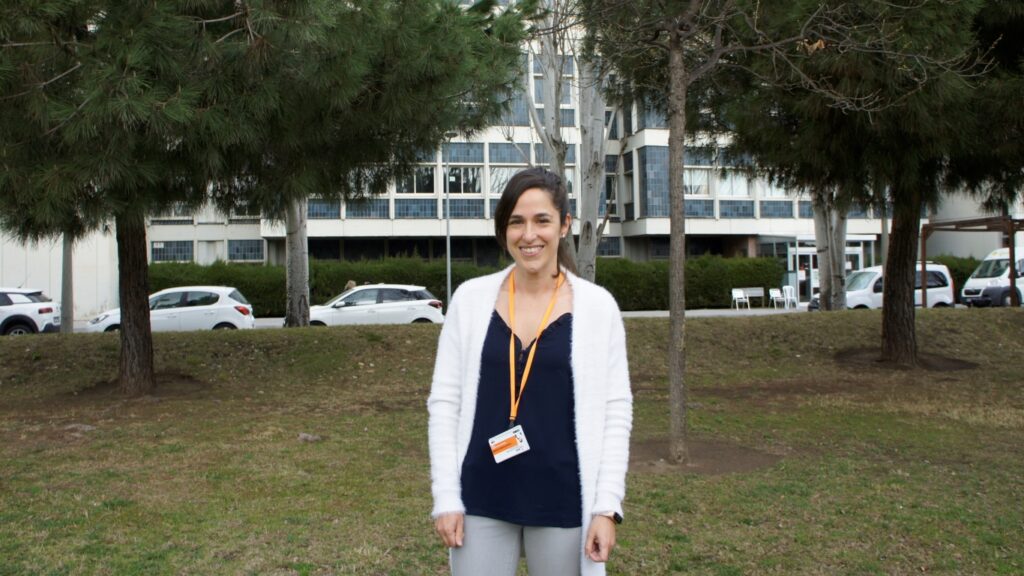Night work is associated with an increased risk of some cancers with a strong hormonal influence, such as breast or prostate cancer, due to the circadian cycle disruption, that alters the levels of certain hormones. Endometrial cancer also has an important hormonal component, so it could also be influenced by circadian factors. Only two studies have been done so far on the relation between night work and this cancer, yet they yielded conflicting results. So, the role of the circadian cycle in the risk of endometrial cancer is still unclear.
In order to provide more information on this topic, researchers from IDIBELL, ICO and Bellvitge University Hospital have conducted a study to find out if the risk of endometrial cancer is related to night work, sleep hours or chronotype – being more active in the morning or evening. They analyzed a sample of 400 people, comparing the characteristics of endometrial cancer patients with a control group of women who did not have the disease. None of the three factors had a significant association with the risk of endometrial cancer.
As Dr. Laura Costas, first author of the study and principal investigator of the IDIBELL Infections and Cancer group, explains: “This results are a relieve because of the impact that a relationship between night shifts and endometrial cancer could have on public health”. However, researchers point out that more studies should be done on larger population samples in order to continue describing the role of the circadian cycle in the risk of endometrial cancer.
The Bellvitge Biomedical Research Institute (IDIBELL) is a biomedical research center created in 2004. It is participated by the Bellvitge University Hospital and the Viladecans Hospital of the Catalan Institute of Health, the Catalan Institute of Oncology, the University of Barcelona and the City Council of L’Hospitalet de Llobregat.
IDIBELL is a member of the Campus of International Excellence of the University of Barcelona HUBc and is part of the CERCA institution of the Generalitat de Catalunya. In 2009 it became one of the first five Spanish research centers accredited as a health research institute by the Carlos III Health Institute. In addition, it is part of the “HR Excellence in Research” program of the European Union and is a member of EATRIS and REGIC. Since 2018, IDIBELL has been an Accredited Center of the AECC Scientific Foundation (FCAECC).

